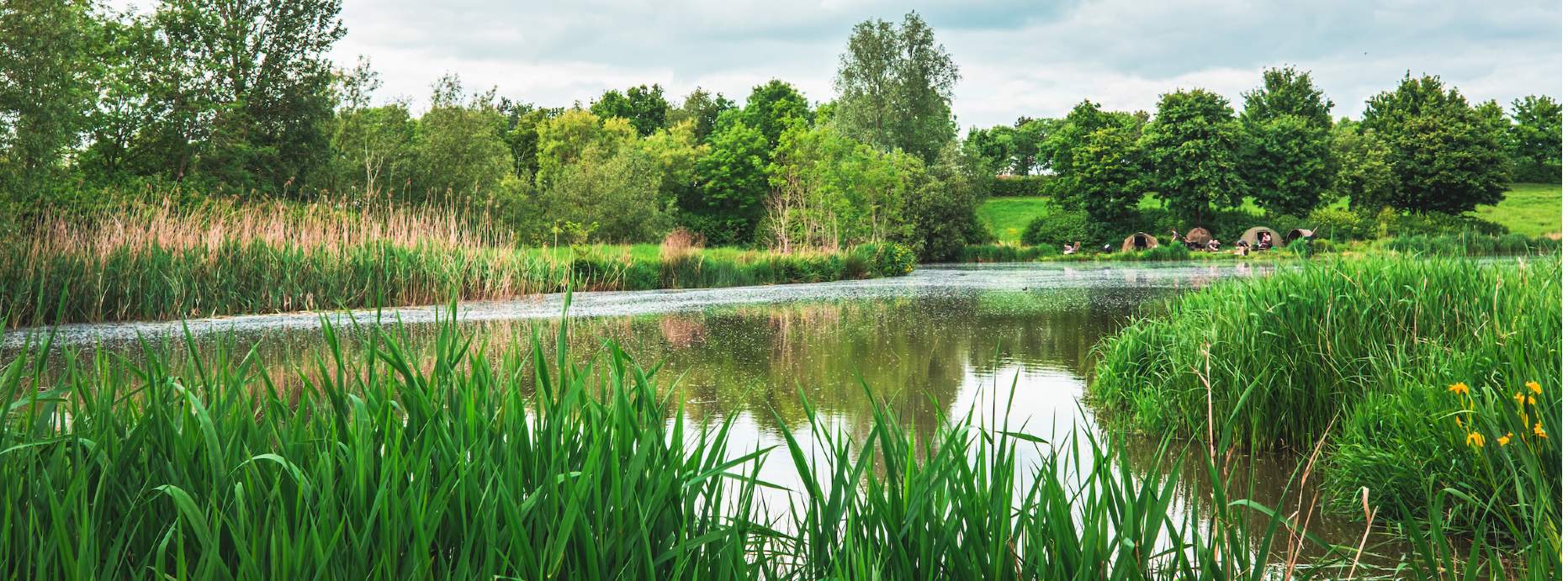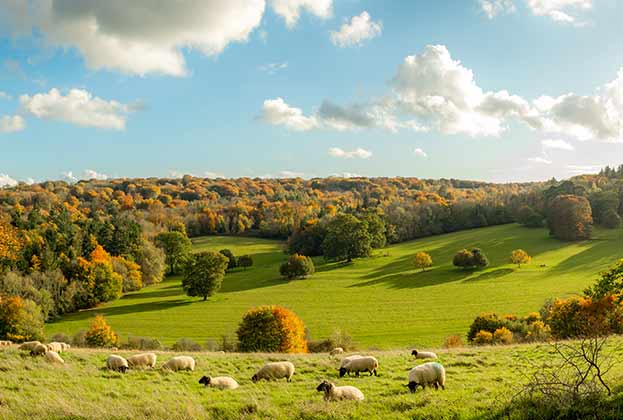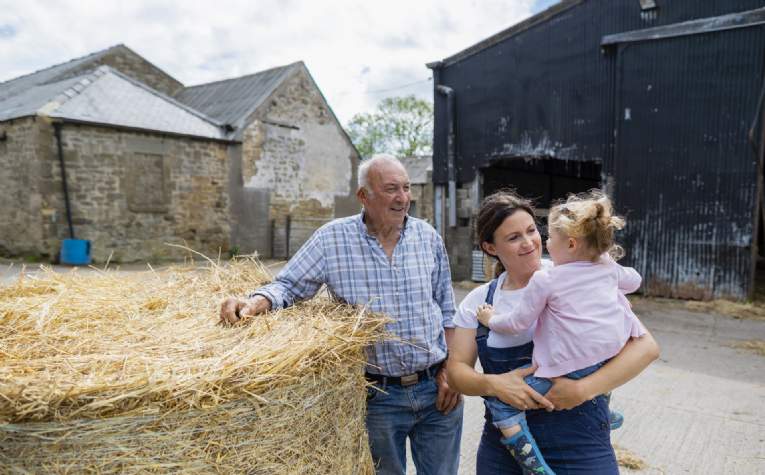The new Government seems unafraid to tackle some big issues in pursuit of economic growth, but this should not be at the expense of sensible and pragmatic nature-based solutions.
All of the main national conservation organisations have been quick to criticise recent legislation seeking to reform environmental protections such as the Habitats Regulations, and the mini-budget announcements on planning reforms. The combination of the two could mean fewer protections for vulnerable habitats that are already under threat from over-development and existing levels of catchment pollution.
This water pollution dynamic was the main driver behind European court proceedings that have forced local planning authorities around the UK to adopt ‘nutrient neutrality’ in planning decisions, meaning that for river catchments protected by designations such as Special Areas of Conservation, the absolute nutrient loading caused by development should not exceed existing levels before development.
Practically speaking, this is driving investment in giving up or reducing the intensity of agriculture, upgrading non-compliant septic tanks to package treatment plants, and the creation of wetlands that enable nitrates and phosphates to be removed by natural processes. Long term, a major programme of investment in wastewater treatment plants has also been signalled, but the feasibility of these will depend on the local circumstances of each town or village and its existing infrastructure.
So is the writing on the wall for our environmental standards and the nature-based solutions that could enable them? One thing that the current Government has committed to is net zero, and its performance against this target is the subject of regulatory and NGO oversight.
The Climate Change Committee remains influential in holding policymakers to account, yet ClientEarth successfully argued in the High Court in August 2022 that the Government had failed to show that its policies will reduce emissions to meet its legally binding carbon budgets.
Equally, the Environment Act 2021 has committed the Government to meeting nature restoration goals, and the Office for Environmental Protection has been established to hold it to account. The NGO sector is likely to be well funded and vocal in its defence of these goals and the underpinning statutory protections they afford our countryside, and should be inspired by net zero case law as its precedent.
Nature is always evolving and we cannot hold our landscapes in aspic, expecting them to conform to a Victorian aesthetic outdated in our modern need for more nature, better ecosystem services and more economic potential. In this context, nature-based solutions are the ultimate win-win. If a one hectare wetland can provide sufficient water-filtering services for 400 new homes at little to no impact on agricultural productivity (such wetlands currently being used mostly for rough grazing), with any conservation impact offset through its own biodiversity net gain calculation, then the value to society of new homes and the value to the landowner for creating and maintaining the wetland is immense.
There are co-benefits in riparian planting and flood mitigation that create further justification for retaining and encouraging water quality interventions even in a more liberal planning environment. Offset conditions will only make the planning process slower if the planning is poorly considered to start with and the planning authorities poorly resourced to enable strategic solutions and partnerships, as would be required for all of the other infrastructure needed for sustainable local development.
As with the confusion that now reigns around the future of the Environmental Land Management schemes for farmers, the one thing that developers do not need is more uncertainty. Long-term investment decisions around the planning process require a clear knowledge of what the costs and hurdles are going to be.
If the Government doesn’t handle the planning and environmental regulatory reform process well, it risks upsetting a very large conservation constituency and becoming embroiled in slow and expensive legal proceedings defending existing standards (or pushing them higher).
None of this will enable the fast economic growth the Government craves, nor provide the investment the countryside so desperately needs in protecting and improving what we have left. Pragmatic and cost-effective nature-based solutions should be super-charged by this Government, not revoked or embroiled in uncertainty.
Further information
Contact Jon Dearsley

.jpg)
.jpg)
.jpg)
.jpg)

.jpg)


.jpg)
.jpg)